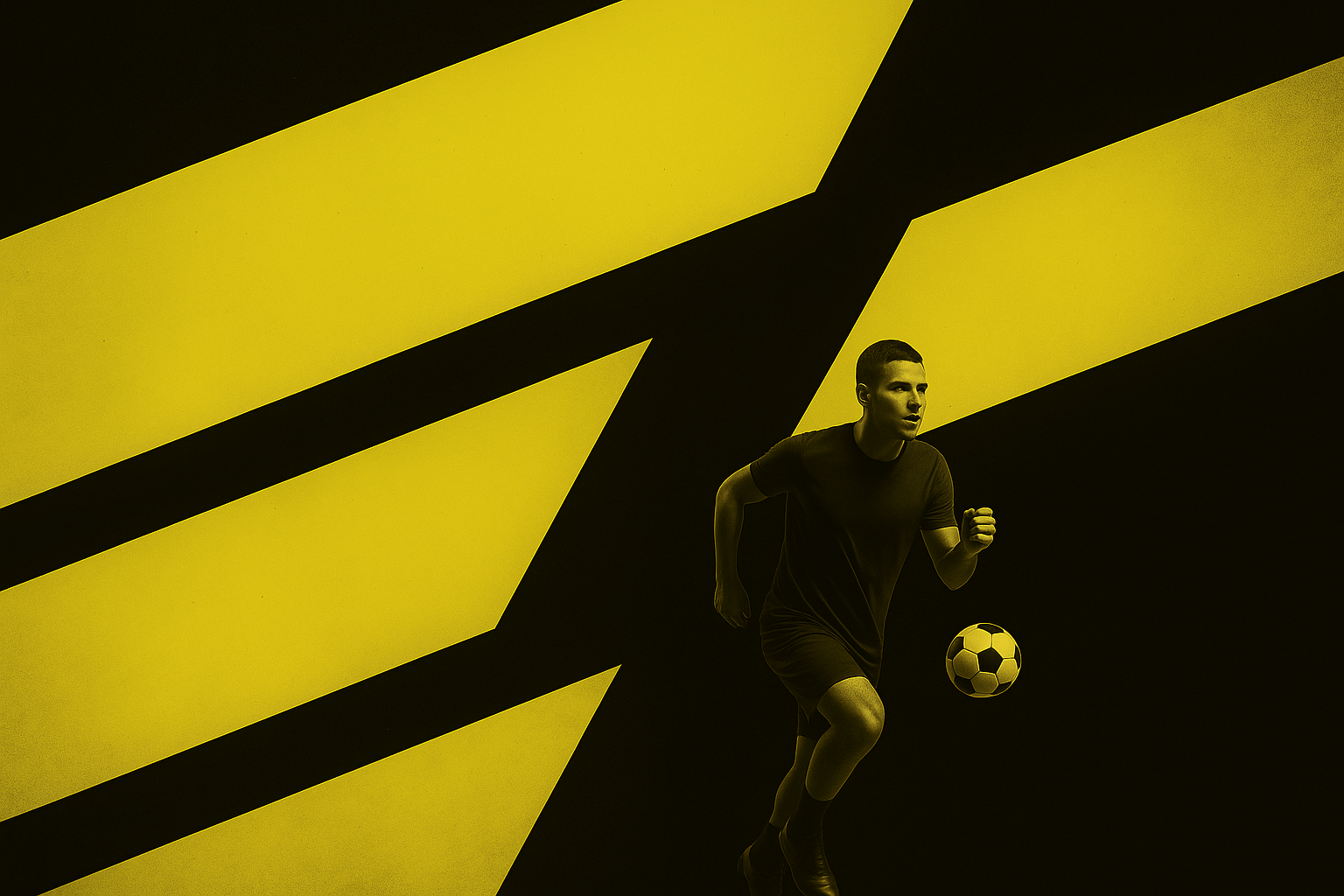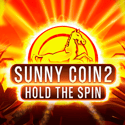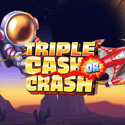FIFA Club World Cup
Best upcoming matches
Live Esports
Live
Parimatch and the Real Meaning of Responsible Gaming
There’s always a thin line in gambling between thrill and trouble. Many people who’ve ever placed a bet know the adrenaline spike: your team scores, the slot reels stop just right, and suddenly the room feels warmer. But the same energy can turn toxic if there’s no balance. That’s why global operators like Parimatch keep pushing the concept of responsible gaming not as a checkbox for regulators but as a living culture inside their platforms.
I’ve seen how players sometimes misunderstand the idea. They imagine “responsible gambling” is some boring disclaimer hidden at the bottom of a website, another corporate formality. Yet once you dig into it, the topic unfolds like a survival kit: deposit limits, self-exclusion options, educational tools, even partnerships with independent helplines. If you’ve ever stayed too long in front of a blinking slot screen, you’ll instantly get why these tools exist. They’re not there to kill fun; they’re there to make fun sustainable.
The gaming industry learned it the hard way. A decade ago, the narrative was simple: more bets, more profit. But the backlash came. Countries like the UK introduced strict rules, operators faced fines, reputations collapsed overnight. Parimatch, unlike many latecomers, invested early in protective measures. The strategy paid off: the brand became not just a place for bets but a safer environment where long-term users felt respected rather than drained.
The human side of the policy
Let me get personal for a moment. A friend of mine once confessed that he’d set a self-exclusion timer on his Parimatch account during a rough patch. At first, he hated himself for “losing control.” A month later, he admitted that break saved him from financial chaos. That story keeps echoing whenever I write about responsible play. It’s not abstract—it’s about people’s rent money, their families, and their ability to enjoy a Saturday night without guilt.
From a business perspective, this sounds counterintuitive: why would a bookmaker limit customer spending? But if you zoom out, the logic is obvious. Sustainable users mean fewer dropouts, fewer scandals, and a brand image that doesn’t reek of exploitation. In modern SEO language, “responsible gaming” isn’t just a keyword—it’s part of Parimatch’s identity.
Tools That Keep the Balance at Parimatch
When you first land on the Parimatch platform, the word “responsibility” isn’t screaming in your face. It’s subtle, woven into the user journey. But dig deeper and you’ll notice a whole toolkit built around control. These aren’t gimmicks—they’re tested mechanisms designed to make sure gaming doesn’t flip into something destructive.
The most obvious tool is deposit limits. Sounds simple, right? You set the maximum amount of money you’re willing to load onto your account within a day, week, or month. What’s interesting is that once you activate a limit, lowering it is instant, but raising it requires a cool-off period. That delay is deliberate. It creates space for reflection, preventing emotional decisions made in the heat of the moment.
Another key feature is self-exclusion. I’ve seen it misunderstood many times—people think it’s a ban, a punishment. In reality, it’s more like a pause button. You tell Parimatch: “Lock me out for a week, or a month, or even permanently.” The system obeys, no questions asked. And the relief for some users can be immense.
There’s also a subtle but effective element: reality checks. Imagine you’ve been playing for two hours straight. A notification pops up: “Hey, you’ve been here for 120 minutes, consider taking a break.” It may feel slightly annoying at first, but honestly, it’s the kind of nudge that pulls you out of the tunnel. Players I’ve interviewed admit these reminders help them reset before fatigue or impulse spending takes over.
The voice of experience
Let me switch hats for a moment, from analyst to regular player. There was a night—I remember it clearly—Champions League semi-final, Real Madrid vs. Chelsea. I was glued to in-play bets, adrenaline rushing. The system flashed a reminder about my session length. For a second, I rolled my eyes. But then I looked at the clock—past midnight, two beers in, work looming next day. That small digital “tap on the shoulder” made me log out, laugh at myself, and actually get some sleep. The next morning, I was oddly grateful. Without that reminder, I’d probably have burned through more cash and ruined my mood.
This is the core paradox: the very platform that thrives on your activity is also teaching you to step back. Parimatch doesn’t just provide the entertainment; it builds in safety rails so you don’t spiral. In a digital world where algorithms usually try to exploit attention, this feels almost… humane.
Why Responsible Gaming Became the Industry’s Battleground
If you look at the gambling industry fifteen years ago, you’d barely find the phrase responsible gaming in marketing materials. Operators were chasing volume. Regulators often lagged behind. The result? A wave of scandals, lawsuits, and heart-breaking stories of people losing everything. Countries like the UK and Sweden tightened rules dramatically, imposing fines in the millions on brands that ignored player protection.
Fast forward to today, and the picture has flipped. Regulators demand transparency, NGOs track every move, and even mainstream media highlights cases of addiction linked to betting companies. For a global operator like Parimatch, adapting wasn’t optional—it was survival. By leaning into responsible play early, they positioned themselves as a modern, trustworthy bookmaker rather than another aggressive money machine.
But here’s the twist: responsibility isn’t only about regulation. It’s about culture. When I interviewed a compliance manager from a rival operator (off the record), he admitted that most players now expect some level of safety net. “If a site doesn’t give me tools to control my spending, I won’t trust them,” one young bettor told me during Euro 2020. That shift in mindset is huge.
How Parimatch reads the room
Parimatch didn’t just copy-paste regulatory requirements. They crafted what feels like a “player-first” approach. For example, their site isn’t littered with red warning banners. Instead, the safety features are accessible but non-intrusive—almost like a seatbelt in a car. You don’t notice it until you need it.
And let’s be honest: the global competition is fierce. From bet365 to DraftKings, every brand claims to care. What separates Parimatch is their ability to blend seriousness with style. Their campaigns often highlight not just winning big but playing smart. That’s a subtle but important branding difference. They’re telling customers: “Yes, you can chase the thrill, but do it with guardrails.”
A story from the field
During the pandemic lockdowns, I joined an online focus group of Eastern European bettors. Isolation and boredom had made betting skyrocket. But one guy—an IT engineer from Kyiv—praised Parimatch for sending him emails with reminders about spending limits and links to mental health resources. “It felt like someone actually cared,” he said. That one line stuck with me. In a sea of impersonal platforms, care is a rare currency.
The Psychology Behind the Spin: Thrill vs. Risk
Ask any player why they gamble and you’ll get wildly different answers. Some chase adrenaline, others see it as a social activity, a few even claim it’s a strategy game like poker. But underneath, the psychology is brutally simple: the brain lights up when there’s uncertainty. A slot reel, a last-minute goal, a roulette wheel—it’s dopamine in pure form. That’s where things get dangerous. The same reward system that makes life fun can also drag people into compulsive loops.
Parimatch knows this better than most. They operate across regions where football is religion, and where one lucky bet can make a week feel like a triumph. Yet they also know that unchecked excitement can turn dark. That’s why their responsible gaming framework often plays the role of a quiet referee. You don’t always see it, but it’s there to blow the whistle when needed.
Real players, real emotions
One bettor I spoke with compared gambling to driving a sports car. “It’s incredible at full speed, but you need brakes,” he said. Parimatch gives those brakes in the form of time-outs, reality checks, and budget caps. Sometimes players resist—nobody wants to be told to slow down in the middle of a hot streak. But looking back, many admit those nudges saved them from mistakes.
And there’s another layer: the shame factor. People rarely talk openly about losing control in gambling. It’s not like telling friends you’ve eaten too much cake. It carries stigma. That’s why digital tools are so valuable—they allow quiet self-regulation without judgment. I’ve seen Parimatch frame these features in a way that feels empowering rather than embarrassing. It’s not about weakness; it’s about smart play.
Balancing act in branding
Here’s the paradox Parimatch walks daily: their ads celebrate excitement—flashing lights, goals, jackpots. But behind the curtain, their infrastructure whispers restraint. This duality is what keeps the brand credible. Too much caution and you scare off thrill-seekers. Too little, and you risk reputational disaster. Walking that line is harder than it looks, yet Parimatch seems to pull it off by constantly adjusting tone depending on market, campaign, and cultural sensitivities.
For players, this balance feels almost invisible. You come for the buzz, and only later realize the guardrails were guiding you the whole time. And maybe that’s the highest compliment: responsibility doesn’t kill the magic, it preserves it.
Legal Information
Terms and Conditions
Licenses
To register on this website, the user must accept the General Terms and Conditions. In case of an update to the General Terms and Conditions, existing users may opt out of using the products and services before the update takes effect, which will be at least two weeks after its announcement.
This website is operated by Galazia B.V., registered in the Commercial Register of Curaçao under registration number 162941, with its address at Schout bij Nacht Doormanweg 40, 1st floor, Willemstad, Curaçao. The company operates under license number OGL/2024/402/0624, issued on November 13, 2024 by the Curaçao Gaming Control Board.


















































































































































